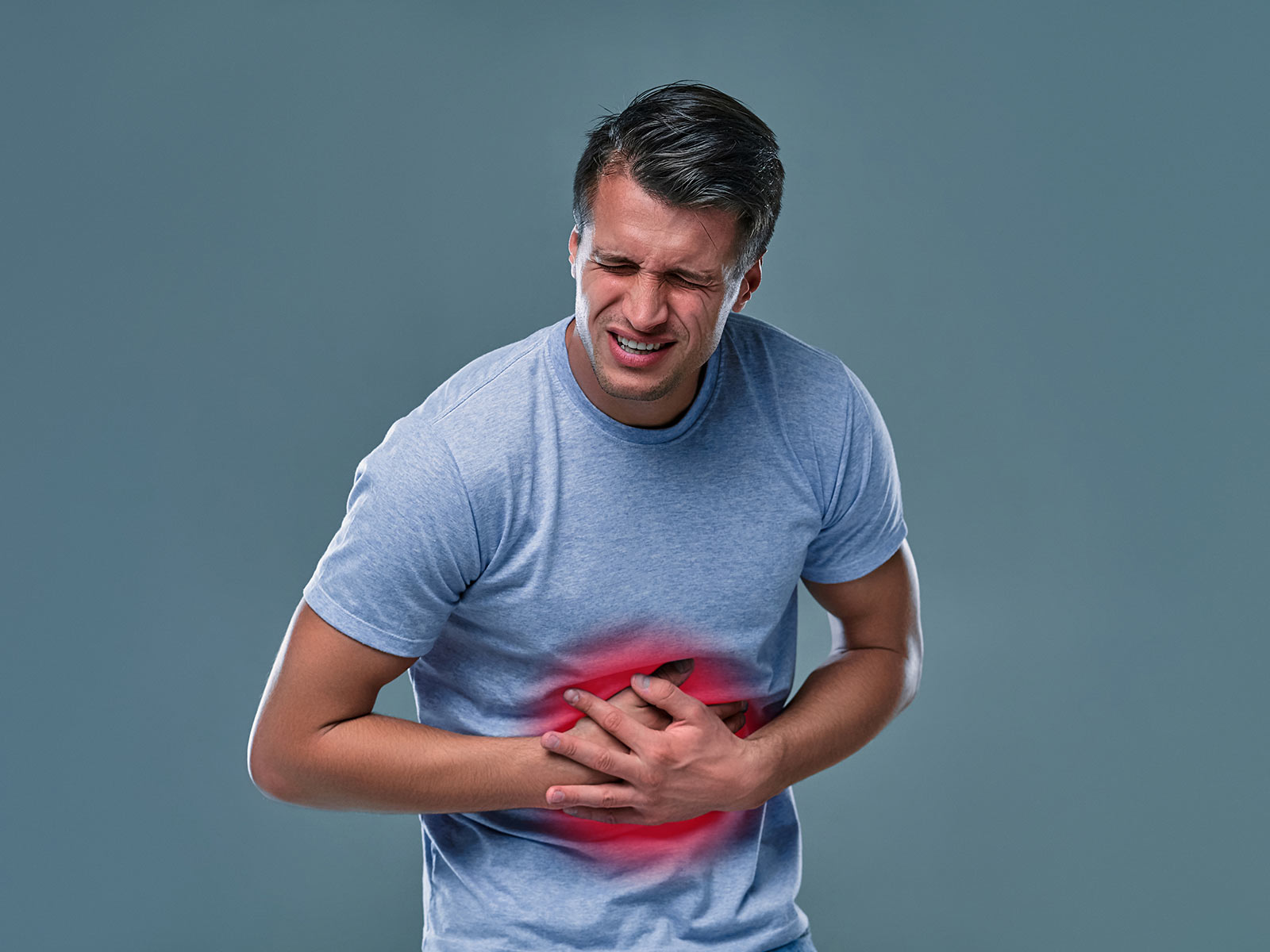
Angiodysplasia is the state in which the weak, distended blood vessels develop in the mucosa in your digestive tract in the right (ascending) colon, small intestine, or stomach. These weakened vessels could rupture and bleed causing either iron-deficiency anemia or bloody diarrhea. Other cases of angiodysplasia are associated with heart valve defects such as aortic stenosis (Heyde syndrome).
At an early age, it can be asymptomatic. With bleeding, you may have:
The etiology of angiodysplasia is not very clear, but it could be brought about by various factors:
Our GastroDoxs in Houston provides the state of the art, endoscopic treatment services, which is supplemented with patient-centered gastroenterological services to cure angiodysplasia. We offer prompt appointments to the majority of the procedures and personal treatment plans and close working coordination with cardiology and hematology specialists. Avoid bleeding and be anemia free today and be in control of your digestive process.
We've successfully treated more than 487 patients, helping individuals improve their digestive health and overall well-being through expert, personalized care.
With over 20 years of experience, GastroDoxs has been a trusted provider of gastroenterology care, focusing on delivering the best outcomes for patients
The angiodysplasia usually occurs in the right colon (ascending colon) although it can also occur in the small intestine or stomach.
Angiogenic dysplasia of the small bowel is traditionally detected using a capsule endoscopy system or special endoscopic scopes that give an image of the small intestine.
Yes. Even though it might be slow and chronic it can also cause anemia and a lot of blood can be lost since time can cause the angiodysplasia.
Yes. Angiodysplasia is indicated in common association with aortic stenosis (Heyde syndrome) where the issue of a heart valve contributes to the bleeding of the gut.
Endoscopy Angiodysplasia is presented in the form of a tiny raised red spot or patch, which easily bleeds upon contact.
Iron supplementation can reverse the anemia caused by chronic bleeding disorders and could not resume the lesion of the vessels.
Most endoscopic procedures involve the use of argon plasma coagulation or laser and are less invasive, well tolerated, and have negligible or minimal recovery time.
The most common ICD-10 codes are the following: K31.82 (angiodysplasia of stomach and duodenum) and K63.5 ( angiodysplasia of intestine); which one will be selected by your doctor.
Yes. It should also be followed with endoscopies after every 6-12 months-or sooner in case of a recurrence to the bleeding to manage the new lesions.
Recurrence is possible. Complications, as well as the maintenance of the iron level, can be prevented through the constant observation and timely care of fresh bleeding points.